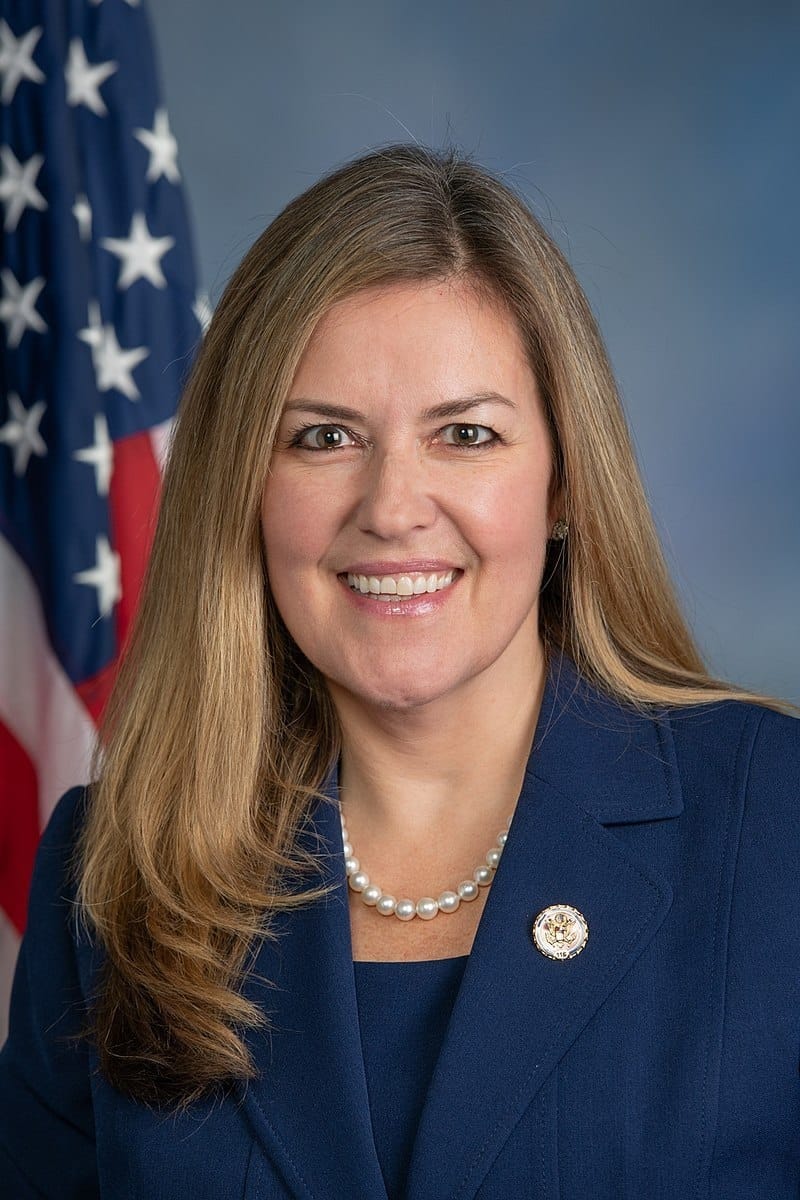Virginia politician diagnosed with “Parkinson’s disease on steroids”
Rep. Jennifer Wexton (D-VA) is a popular U.S. Congresswoman serving her third term in office. However, she suffers from progressive supranuclear palsy (PSP), a rare, late-onset neurodegenerative disease, which she has described as “Parkinson’s disease on steroids.”
Wexton was initially diagnosed with Parkinson’s in March of 2023, but that diagnosis was changed to PSP six months later. At that point, due to the fast-moving nature of PSP, she announced that she would not run for reelection in 2024.
As Wexton tells it, by the spring of this year, just over 12 months from the original diagnosis, she was robbed of “her ability to speak, run, or dance.” Additionally, she has shared just how disempowering and dispiriting it is to lose one’s voice.
She lost her voice, but AI brought it back
Surprising many who had witnessed the total loss of her voice, last month Wexton became the first lawmaker to make a speech on the House floor using artificial intelligence voice technology. This tech is vastly different from traditional text-to-speech voice simulators, which sound robotic, impersonal, and not at all unique to the speaker.
Wexton, on the other hand, has been able to make use of new AI technology that has recreated her voice by making use of audio recordings of her old speeches. In its sound, intonation, and inflexion, Wexton’s AI-driven voice is now reported to be incredibly close to what she sounded like before being struck with PSP.
As Wexton said recently, “For those of you who heard me speak before, PSP robbed me of my full voice. You may think your ears are deceiving you right now. I assure you they are not. I'm very pleased to debut my new AI voice today and share how this remarkable technology has helped empower me to keep living my life and doing the job I love.”
Who's developing this technology?
The company behind this voice technology is ElevenLabs, well known in the AI community for its popular and natural-sounding speech synthesis software that’s driven by deep learning technology. Headquartered in New York City, the firm has raised about $100 million to date, giving ElevenLabs a current valuation of $1.1 billion.
ElevenLabs recently announced what it calls its Impact Program, which partners with nonprofits to provide free licenses to its technology for those in need. The initiative has the goal of helping one million people globally “reclaim their voice,” no matter what language they speak.
The takeaway
Perhaps the best summary of this story are a few words recently uttered by Wexton herself: “AI technology can be a scary New Frontier, especially if used in the wrong ways by people with malicious intentions, and it's clear that there's work to be done to properly protect against potential dangers it poses, but it can also provide new, unimaginable and life changing opportunities for Americans with disabilities.”
See and hear Wexton deliver her AI-enabled House speech here:










